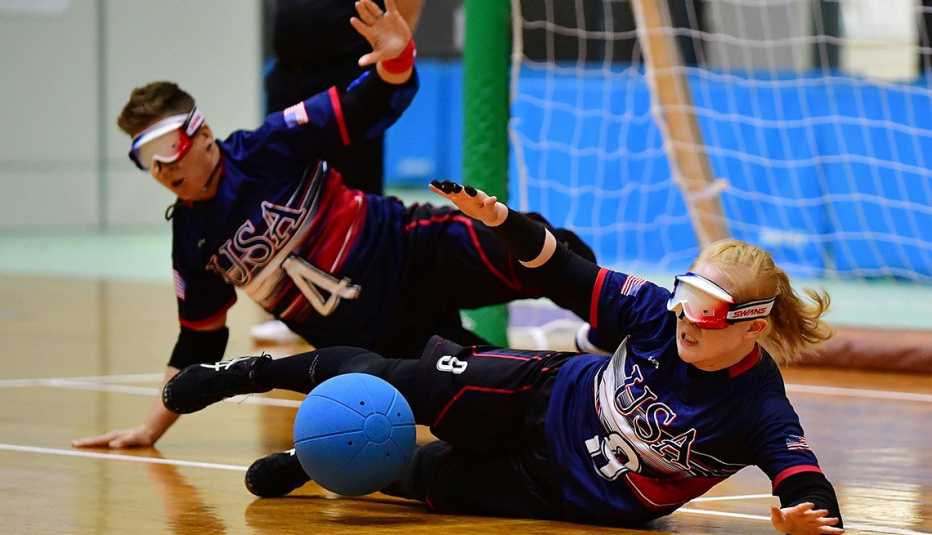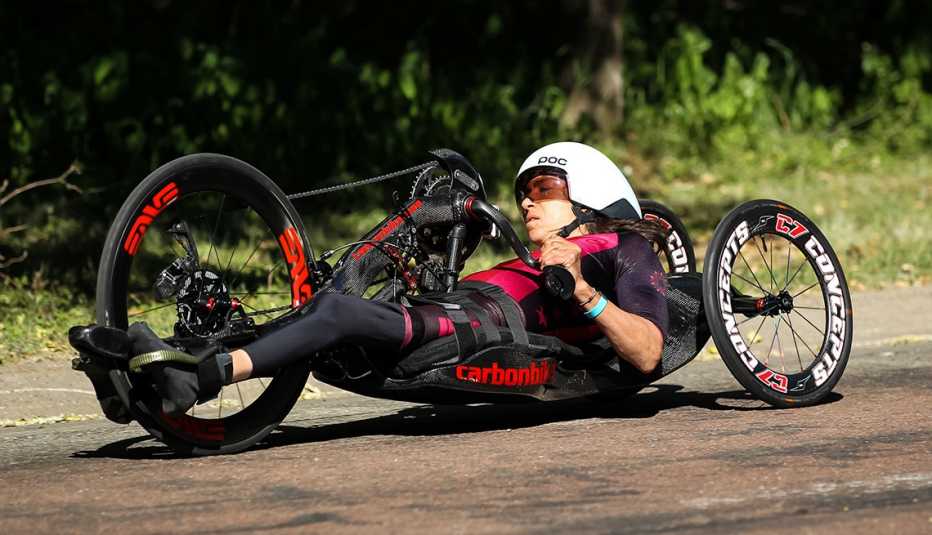Staying Fit


The Tokyo Summer Olympics came to a close on Aug. 8, but if you're in the market for even more international camaraderie and world-class athletic competition, you're in luck: The Tokyo Paralympic Games begin on Aug. 24, welcoming athletes with disabilities from around the globe. From eligibility rules and history to where and how you can catch your favorite events, here's everything you need to know about this year's Games.
What are the Paralympics?
The precursors to the modern Paralympics were created by Ludwig Guttmann, a German Jewish neurologist who fled to England before the start of World War II. In 1948, he founded the Stoke Mandeville Games, a sporting event for British veterans with spinal cord injuries that coincided with the 1948 London Summer Olympics. By 1952, Dutch veterans joined the event, marking the first international competition. And the Paralympics as we currently know them kicked off in Rome in 1960, six days after the end of the Olympics. Today, the Paralympic Games — which include Summer and Winter iterations — rank as the second-biggest sporting event in the world, and this year's Games will welcome nearly 4,400 athletes from about 170 nations.


AARP Membership— $12 for your first year when you sign up for Automatic Renewal
Get instant access to members-only products and hundreds of discounts, a free second membership, and a subscription to AARP the Magazine.
When and where will the Paralympics be held?
Since the 1988 Seoul Games, the Olympics and Paralympics have shared a host city and sporting venues. This marks the second time Tokyo will host the Paralympics — following a turn in 1964 — with 539 events across 22 sports scheduled between Aug. 24 and Sept. 5. Much like the Olympics before them, the Paralympics will be using the 2020 branding and logos, despite being postponed for a year by the COVID-19 pandemic.
Who is eligible to participate in the Paralympics?
Athletes must fall into one of 10 impairment types: impaired muscle power (which can result from a condition such as spina bifida or muscular dystrophy), impaired passive range of movement, limb deficiency (which can result from congenital conditions or amputation), leg length difference, short stature, hypertonia (an increase in muscle tension caused by damage to the central nervous system), ataxia (uncoordinated movement caused by damage to the central nervous system), athetosis (continual slow involuntary movements), vision impairment and intellectual impairment. Players must then go through a process called “athlete evaluation,” during which they are grouped by their levels of impairment to ensure fairness; the International Paralympic Committee compares the process to grouping athletes by age, gender or weight.
DON'T MISS THIS: What Was the Best Olympics Opening Ceremony of All Time?



































































More on Entertainment
Visit the U.S. Olympic & Paralympic Museum in Colorado Springs
A guide to this new highly interactive attraction, plus more to see and do around town14 Inspiring Movies About the Olympics
These films go for — and grab — the goldThe Best Sports-Themed Sitcoms to Stream Now
From football to professional wrestling, these TV comedies are all-star fun